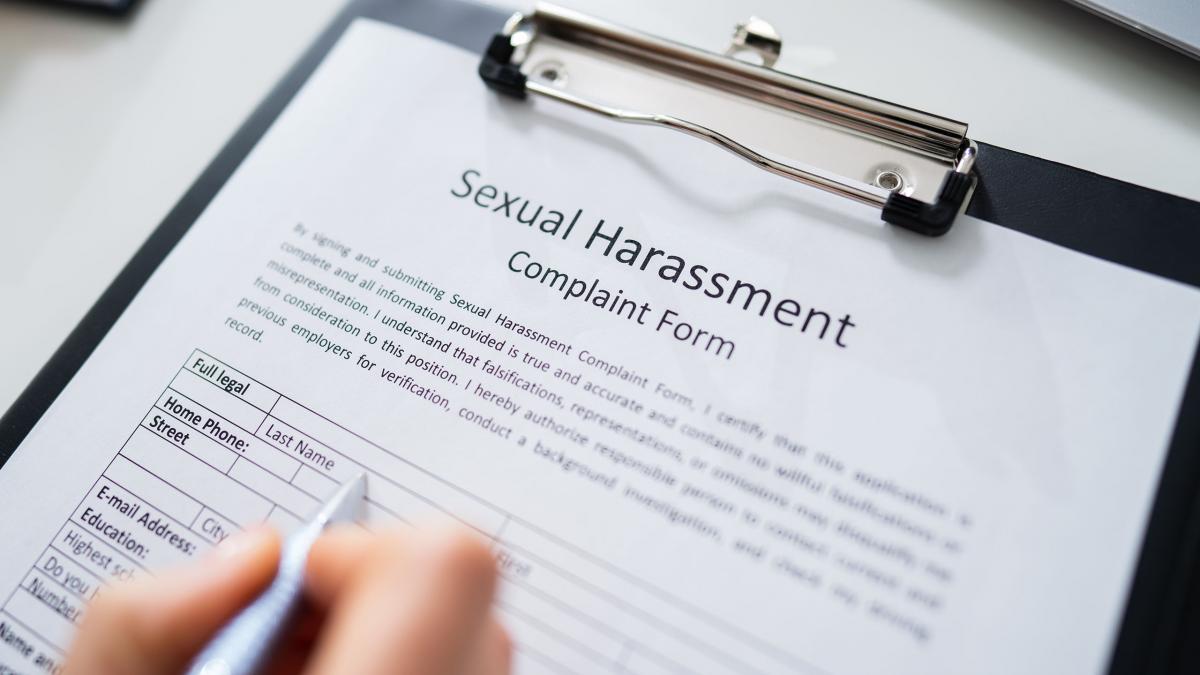Jaffe Dickerson

After #MeToo*: 7 Things Not To Do If Charged With Sexual Harassment
Ever hear the parable of the Sword of Damocles?
Damocles was a member of the court of Dionysius, ruler of the ancient Sicilian city of Syracuse. Damocles told Dionysius how much he envied his king's wealth, power, and happiness. In response, Dionysius invited Damocles to come to a magnificent banquet.
Damocles sat before a marvelous feast and happened to glance up in horror. Above his head hung a sharp sword, suspended by nothing more than a single thread. Dionysius’ message was that a ruler's life might appear grand. But it has uncertainty and danger. The “sword of Damocles” has thus come to symbolize imminent danger. **
The #MeToo movement has hit the workplace like an earthquake. Victims of workplace sexual harassment or assault are speaking up. Accused celebrities are losing their reputations, fortunes, careers and even their freedom. Other unnamed bad boys face imminent danger. They start each day fearing accusations of past bad behavior. They live each day with #MeToo, their personal sword of Damocles, hanging over them.
If you have bad behavior skeletons rattling around in your closet, what should you do when they come for you? More important, what shouldn’t you do? Here are 7 absolute no-no’s:
Lying in the course of a workplace investigation is separate grounds for termination. If speaking or writing under oath, lying can constitute a crime.
This can constitute unlawful retaliation. Like lying, it is separate grounds for termination. And threatening violence can be a crime.
This includes managers, supervisors, co-workers, and especially anyone who participated in the investigation. Again, this is separate cause for termination.
If you did it, own it. In life, it’s not the challenges that you face that determines ultimate success or failure. It’s how you respond to them. Accusers and employers want to see remorse. They want you to acknowledge the pain or humiliation you caused the victim. They want you to acknowledge you damaged the workplace environment. They want you to acknowledge that what you did was wrong.
You may believe your words or behavior were innocent, even funny or clever. To the accusers they were offensive and unwelcome. Do not dismiss their feelings or their right to feel that way.
In life, you almost never get in trouble for what you don’t say. It’s careless comments from your own mouth that cook your goose. When accused, you may want to shop for advice, sympathy or support. You will want to declare your innocence or defenses to family and friends, or even on social media. Conversations with anyone other than your attorney about the charges are not protected by privilege. In a lawsuit, you and anyone you spoke to may have to testify about what you told them.
The older we get, the more we fall victim to vanity and hubris. “I was wrong; I’m sorry,” becomes harder to say. Even if your reputation, finances, career or freedom depend on it. As trite as it may seem, a sincere apology demonstrates to the victim and your employer that you get it. Both now and going forward.
*#MeToo is an international movement against sexual harassment and assault.
 +1 (424) 228-4665
+1 (424) 228-4665 Contact Us
Contact Us
